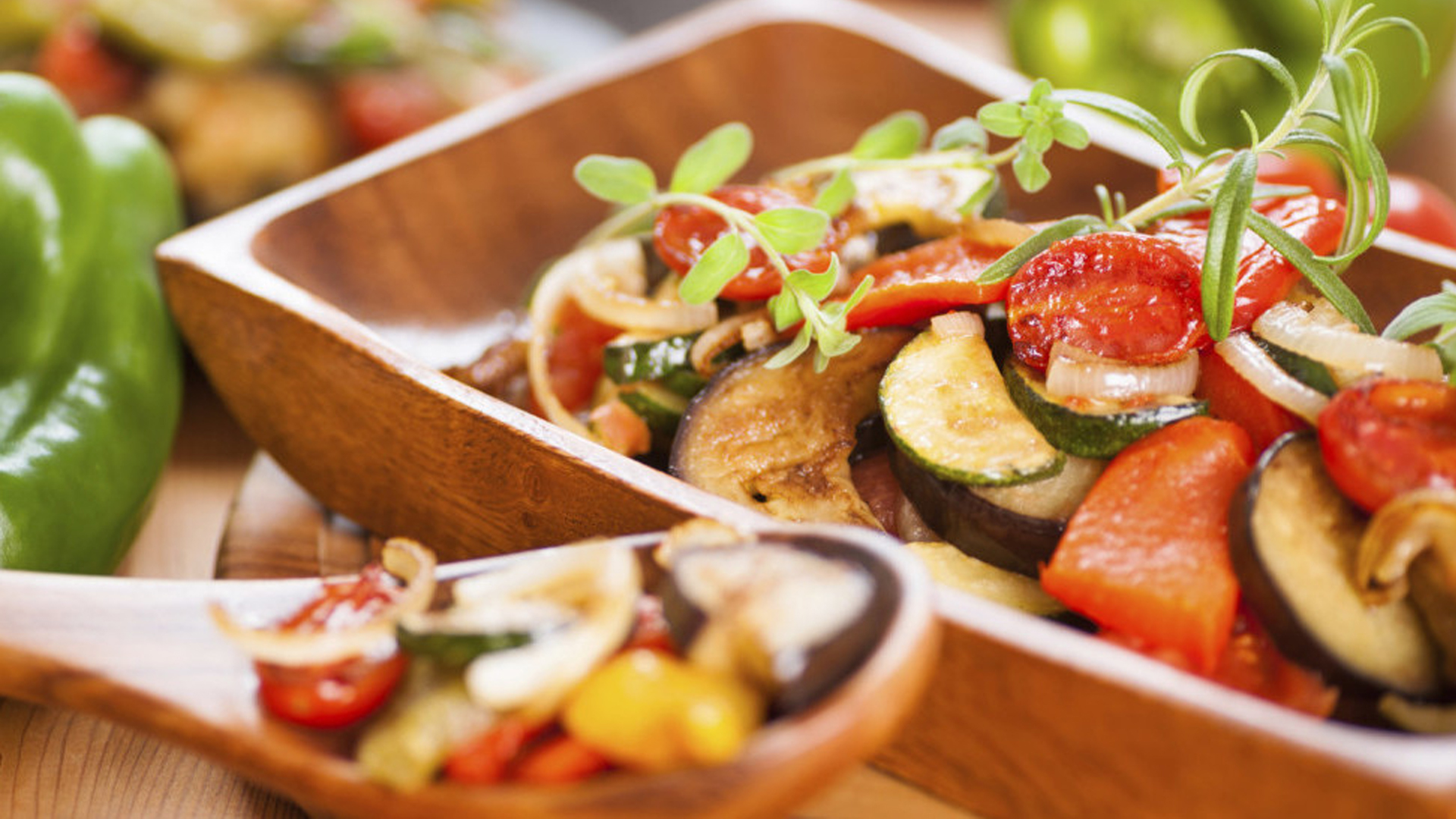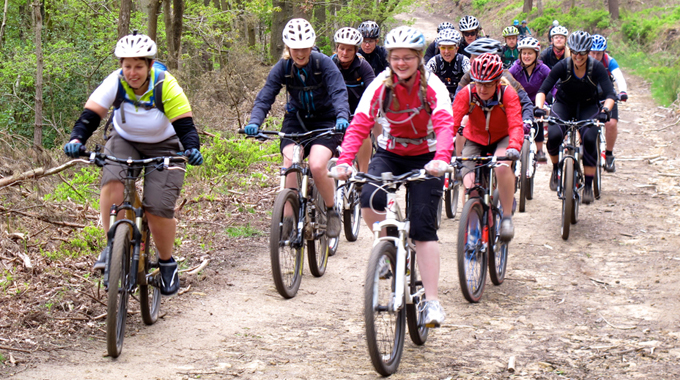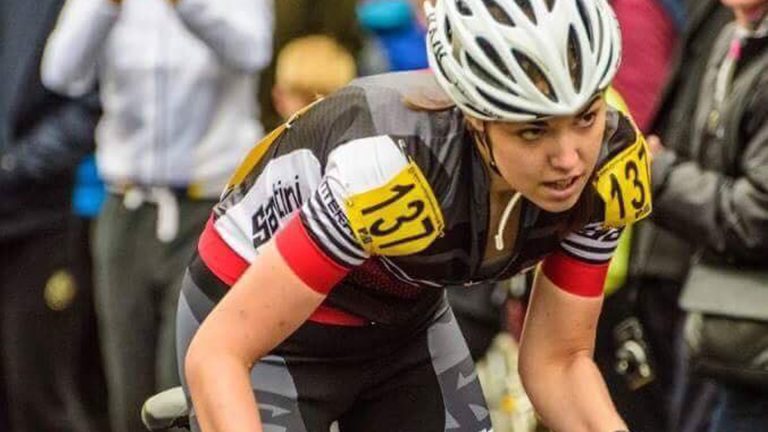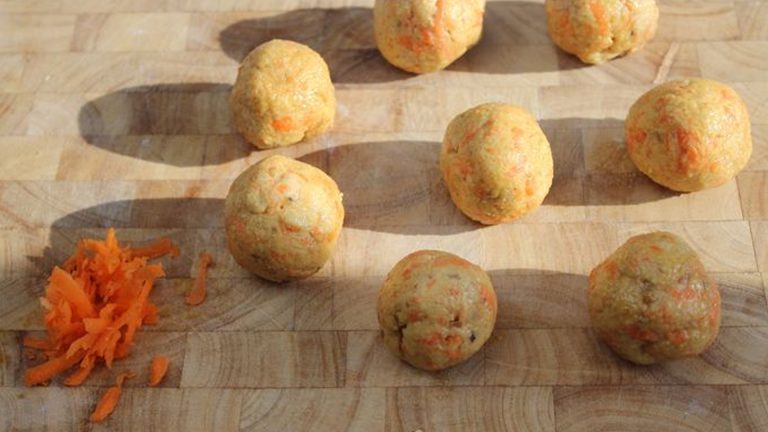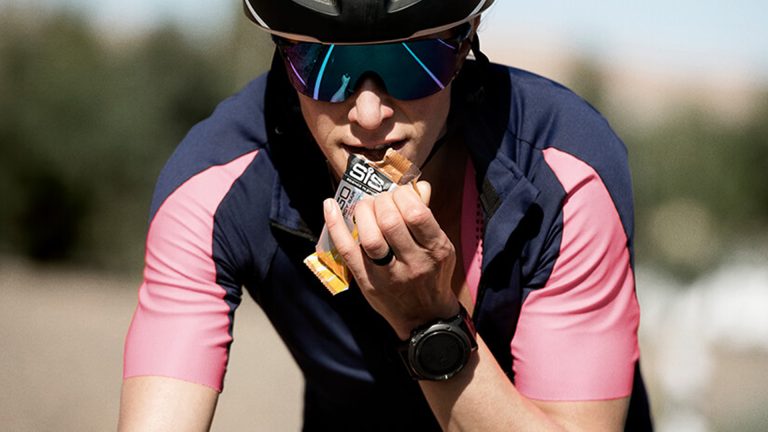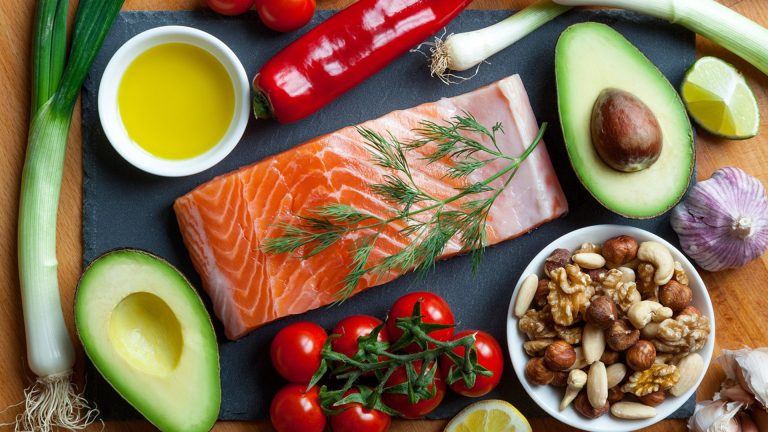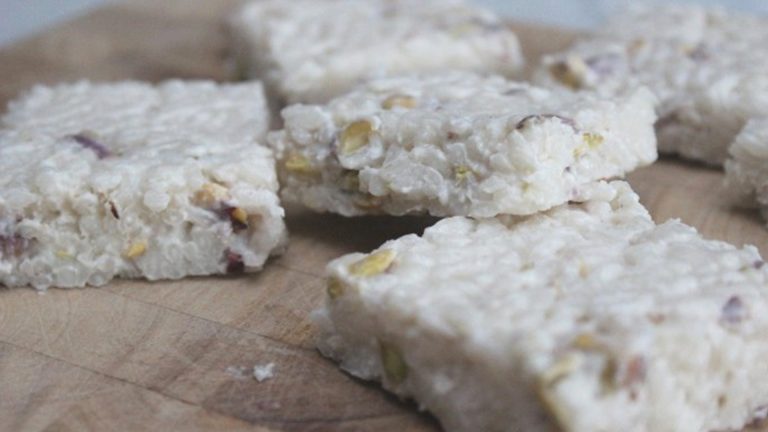“Ride Bike” isn’t always number one on the list of things you’d like to do during the days before your period starts, but it could well be a great way to relieve symptoms.
Pre-Menstrual Syndrome (PMS) symptoms are caused by fluctuations in sex hormones – a rise in progesterone, and a fall in oestrogen. This affects brain chemicals such as serotonin, glutamate and GABA – resulting in alterations in mood, and energy levels. These are usually accompanied by physical symptoms – stomach cramps, headaches or back pain.
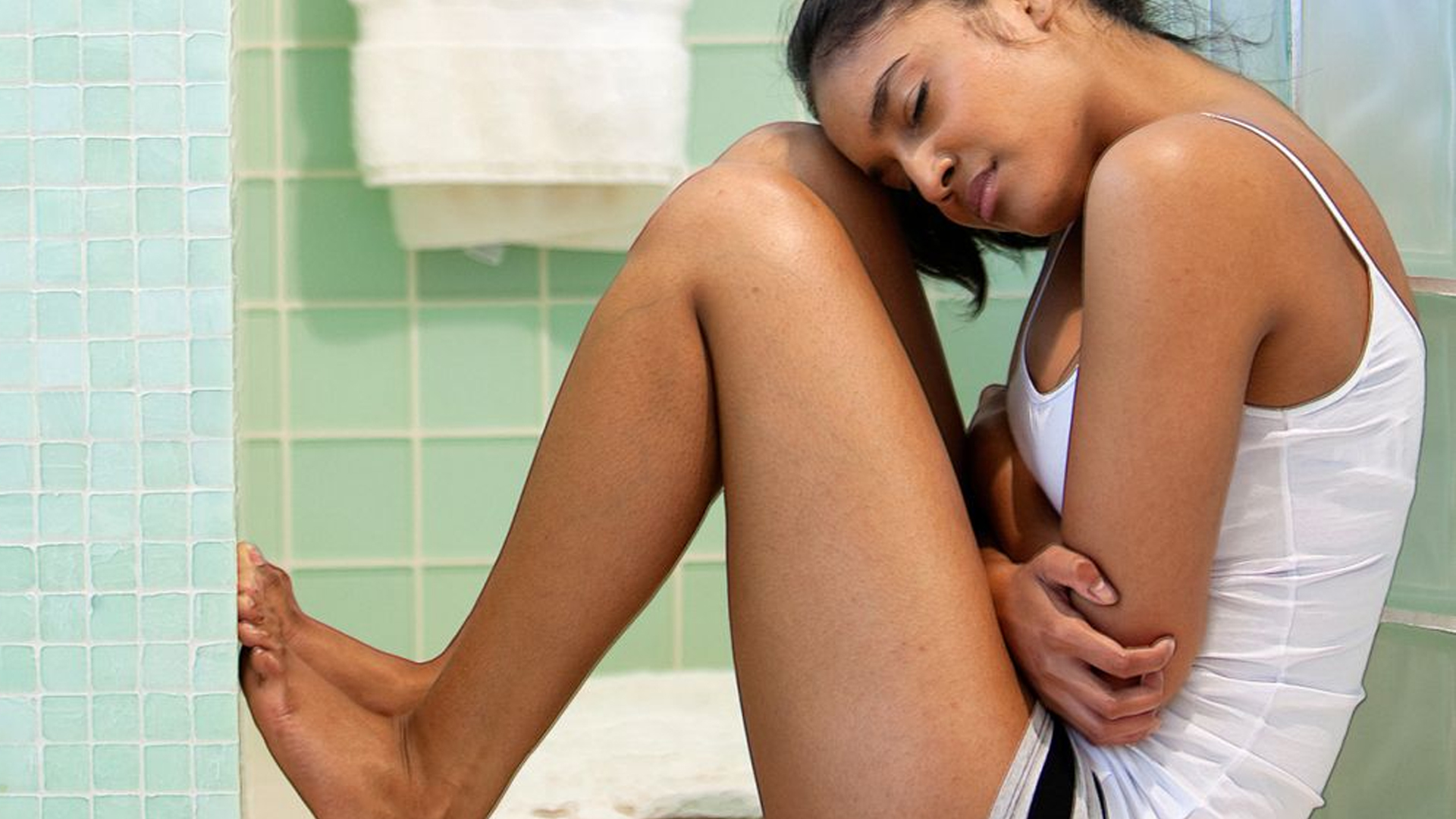
We asked Dr Tamsin Lewis, AKA ‘Sportie Doc’ – a former pro triathlete, medical doctor and psychiatrist for her recommendations for dealing with PMS.
“Moderate Exercise in most women helps PMS symptoms. A gentle 1-2 hour ride, preferably in good weather with some company can do wonders for mild PMS symptoms. However, this is not the time to go out on a hilly, intensive or interval training session.”


